iPhone 17 Pro Max vs OnePlus 13 review: nobody settles!
We may earn a commission if you make a purchase from the links on this page.
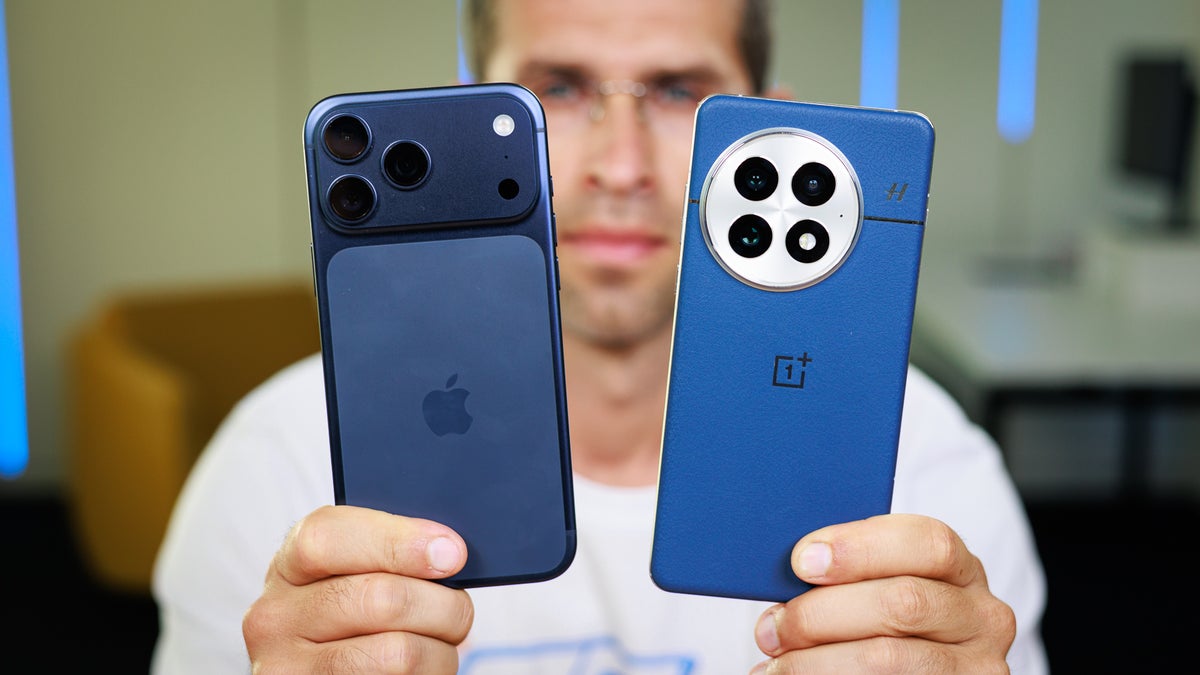
Intro
The iPhone 17 Pro Max is now reality and this year, it comes with a treat — a whole new redesign (which may be controversial). But that's not all — we got more camera upgrades than we bargained for, with new sensors and enhanced zoom options. We also got the new A19 Pro chip, which will now be supported by a vapor cooling chamber to hopefully enhance its sustained performance.
In the other corner, we have the OnePlus 13. Understated, yet elegant flagship from OnePlus who have been doing their very best to make that "all around" phone that you don't have to sell a limb for. It's got triple cameras, it also had a vapor cooling chamber before it was cool, and is powered by the Snapdragon 8 Elite, which is essentially the dominator of Android land.
So, in this day and age, do you have to spend the extra cash on an iPhone 17 Pro Max, or is the slightly more affordable OnePlus 13 "good enough" in most categories? Well, we run them through our elaborate test program to measure their displays, camera performance, hardware prowess, and battery endurance, and add a pinch of "feel" to try and answer that for you.
iPhone 17 Pro Max vs OnePlus 13 differences:
| iPhone 17 Pro Max | OnePlus 13 |
|---|---|
| Design | |
| Slightly heavier at 233 g | Somewhat lighter 210 g |
| 8.75 mm thickness | 8.5 mm about the same |
| Two-tone back with aluminum unibody and glass insert | Matte glass or vegan leather back (on blue model) |
| Ceramic Shield 2 front and back | Ceramic Guard front |
| Display | |
| 6.9" OLED with 120Hz ProMotion and Always-on | 6.8" AMOLED with 120 Hz and Always-on |
| 3,000 nits peak brightness | 4,500 nits peak brightness |
| Performance | |
| A19 Pro chip | Snapdragon 8 Elite |
| Hexa-core - two power cores, four efficiency cores | Octa-core - two power cores, six efficiency cores |
| Vapor chamber cooling | Vapor chamber cooling |
| 12 GB RAM | 12/16 GB RAM |
| Cameras | |
| Triple rear cameras | Triple rear cameras |
| 48MP wide | 50MP wide |
| 48MP ultrawide | 50MP ultrawide |
| 4X tetraprism camera with 48MP sensor | 3X telephoto camera with 50MP sensor |
| 18MP front camera with square sensor | 32 MP front camera |
| ProRAW | Master RAW mode |
| ProRES | No pro video option |
| 4K120 video resolution | 8K30 or 4K60 max video resolution |
| Battery | |
| 5,088 mAh | 6,000 mAh |
| Up to 39 h video playback | 19.7 h video playback |
| Wired charging: 50% in ~20 min (40W adapter) | Wired charging: 50% in 17 min (100W SuperVOOC adapter) |
| 25W MagSafe | 50W AirVOOC |
| Models | |
| $1,200 (256 GB base) | $900 (256 GB base) |
| 2 TB max storage | 512 GB max storage |
| Other | |
| USB 3.2 port | USB 3.2 port |
| Four "studio-quality" mics | Four mics with "Truepoint Audio for Studio Quality" |
There's a good $300 difference between those two, yet when looking at the specs, it doesn't seem like the OnePlus is compromising in... anything. Let's delve into the deeper analysis!
Table of Contents:
Read more:
Design and Size
Design refresh vs signature looks
Well, it’s real — Apple went full Pixel on us. The iPhone 17 Pro Max rocks a big ol’ camera bar stretching side-to-side across the back. Yep, it’s giving visor vibes. Why? Supposedly all its brain parts are in there, with ample room for the A19 Pro system-on-chip, upgraded antennas, all tucked away and leaving room for the new vapor chamber cooling to do its thing.
Now, this design will probably split the crowd. Maybe not notch-levels of controversy, or even Dynamic Island-levels, but it’s definitely going to stir some Reddit threads. One upside, though? Your iPhone 17 Pro Max won't wobble on a table... that much!
Meanwhile, the OnePlus 13 keeps doing its own thing. Instead of a bar, it slaps a massive circle on the back for its cameras, dressed in either glossy glass or grippy leather depending on the color you pick. Button-wise, Apple has the Action Button and a new Camera Control Button next to the usual suspects (volume and power). OnePlus, though, also has a unique hardware control — its signature mute slider, complete with three stages: mute, vibrate, and full blast.
The two phones are quite close in thickness and weight:
| Phone model | iPhone 17 Pro Max | OnePlus 13 |
|---|---|---|
| Thickness | 8.75 mm | 8.5 mm |
| Weight | 233 g | 210 g |
Apple typically has four-five colors on its Pro models. For 2025, we got a surprise — three colors only! Well, at least one of them is somewhat vibrant and fun, that being the Cosmic Orange. Your other options are Deep Blue, and Silver. No black, not even Space Gray!
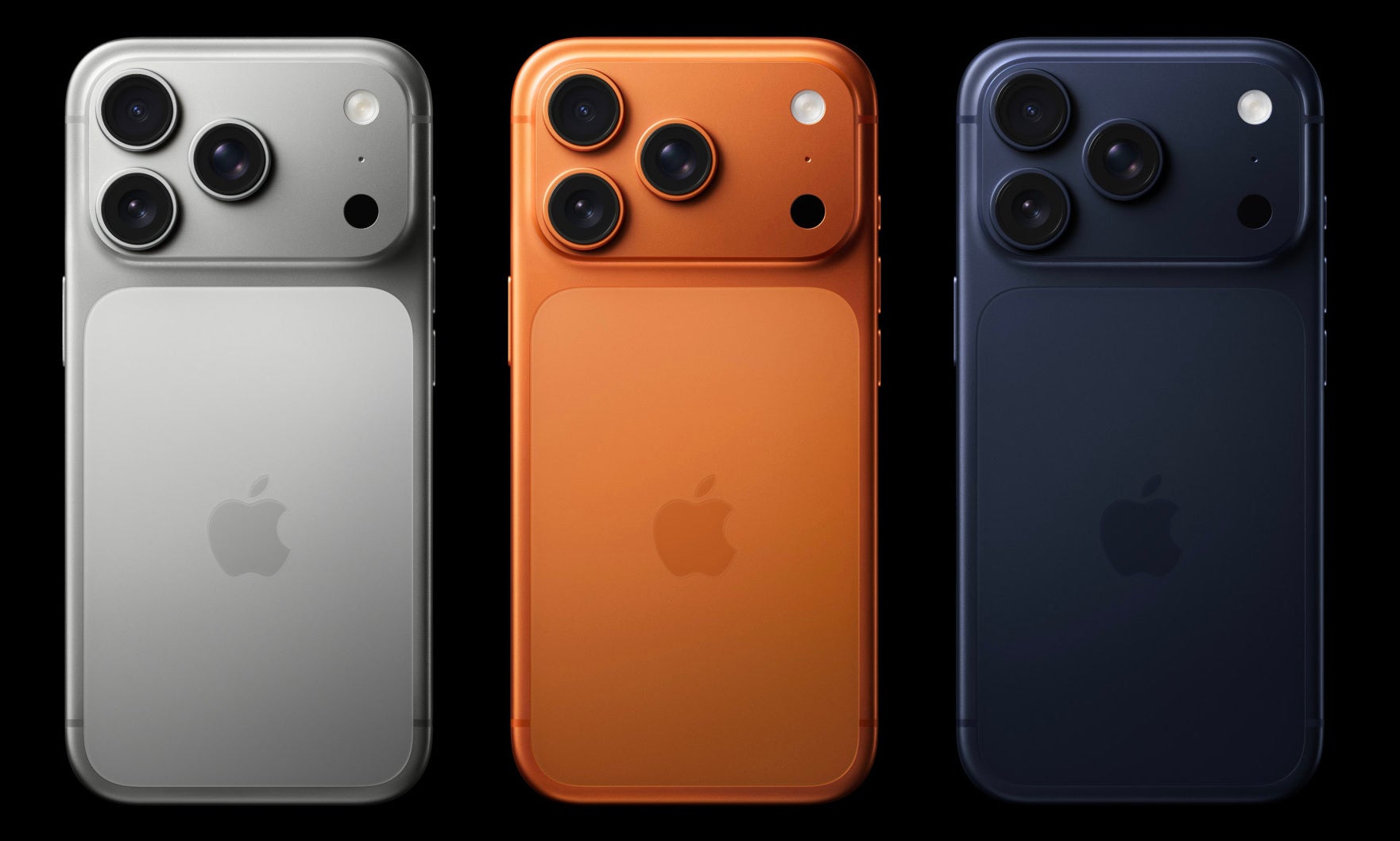
OnePlus 13 comes in Black Eclipse, Midnight Ocean, or Acrtic Dawn. What's fun about OnePlus is that you are not picking color — you are also literally picking your finish, as some colors have a matte glass back, others — faux leather.
Display Differences
The iPhone 17 Pro Max has a 6.9-inch Super Retina XDR OLED display with dynamic 1-120 Hz ProMotion, just as before. The OnePlus 13 rivals that with its own 6.8-inch AMOLED panel with 120 Hz.
But hey, Apple also has a new 7-layer anti-reflection concoction applied on the screen. Sounds amazing on paper, isn't that much noticeable in real life. Yeah, the iPhone 17 Pro Max does have slightly dimmed, bluish reflections, but it's nowhere as good as the Galaxy S25 Ultra's anti-glare.
Other than that, the iPhone also hits 3,000 nits peak brightness, which is very, very good. The OnePlus 13 does have it beat in that metric — and on paper — by citing 4,500 nits peak. Thing about peak brightness is that it measures a fraction of the screen over a small time window. An OLED panel can blast more brightness for a short time, especially when all the energy is routed towards a few pixels. Which is why we measure 20% APL and fullscreen brightness — one using 20% of the screen's surface, the other having a full white image onscreen. Here's what we got:
Display Measurements:
Max brightness capabilities from both displays are pretty comparable, and both are excellent. The iPhone 17 Pro Max does join the sub-1 nit crowd for minimum brightness here, which makes it a better bedside buddy than the OnePlus 13.
Looking at the color charts, both are close to on point. Pretty hard to hit perfect measurements with pentile OLED panels, but these are close. And, of course, both have blue light filters for and adaptive color tone for viewing comfort adjustments.
The hated Dynamic Island is not changed on the iPhone. It's still there, standing proud in its pill shape, housing the Face ID sensors and selfie camera.
The OnePlus 13, of course, has the small punch-hole for the selfie camera on the front. A modern eyesore that we've all gotten used to by now (and, to be fair, is among the few identifiers a smartphone model has on the front). For biometrics, it uses an under-screen fingerprint sensor.
Performance and Software
Pro versus Elite, and a bold new iOS redesign
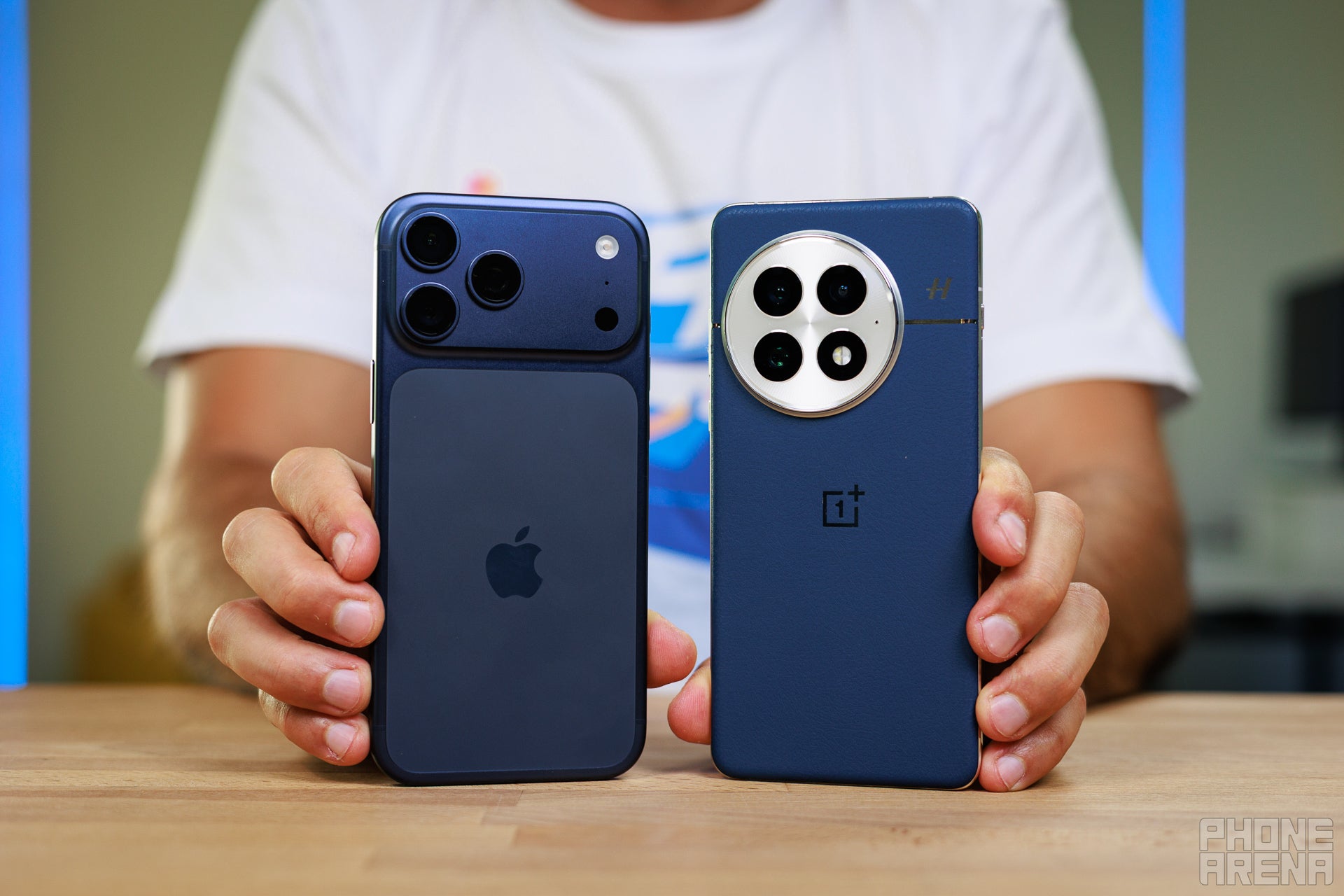
Apple has new A19 Pro chips for the new iPhone 17 Pro and Pro Max. Built on a 3 nm process, it'll be faster than last year's model and — hopefully — heat up slower thanks to a new vapor cooling chamber backing it up. It finally aims to achieve the gamer device status that Apple has been chasing for the past couple of years.
Same goes for the 3 nm Snapdragon 8 Elite inside the OnePlus 13 — it rivals Apple's silicon and, depending on manufacturer and implementation, can even get sustained results. While the OnePlus 13 isn't a gaming phone or anything, it had some pretty impressive thermal management, managing to keep benchmark scores high for longer.
CPU Performance Benchmarks:
The OnePlus 13 does have some very good heat dissipation solutions of its own. And while the Snapdragon in it scored slightly lower than the A19 Pro in the Geekbench test, it's still a very respectable score.
GPU Performance
On the GPU side, the OnePlus 13 did very well. Apple's new vapor chamber cooling finally brought the sustained performance upgrade for iPhones that we've been craving since the 15 series. And it's very, very good. But OnePlus has been playing with vapor for longer, and it shows, as the OnePlus 13 starts off at a higher top score, and throttles to a higher minimum.
With the 17 series, Apple finally breaks the 8 GB RAM barrier — now, we have 12 GB of RAM on the Pro and Pro Max models. Most probably there to be future-proofed and ready for whatever wave of AI featuers Apple has planned for the future. But also — it was about time.
The OnePlus 13 already comes with 12 GB RAM at its base 256 GB storage tier, but goes up to 16 GB RAM on the 512 GB model. The iPhone 17 Pro Max starts at 256 GB as before, but now tops out at 2 TB storage for the first time ever. If you have the cash!
The iPhone 17 Pro Max will ship with iOS 26, and the new Liquid Glass aesthetic brings subtle transparency, layering, and animation across the entire OS. If you opt for the new “Clear Look” mode, it becomes even more pronounced — a full-on glassy interface makeover.
There’s more than just eye candy, though. The Music app has been revamped with animated album art. Notifications can now interact with a dynamic wallpaper that shifts with the time of day. The lock screen also gets a fresh animated feel.
Elsewhere, the Camera app has been simplified — you only see the essentials up front, and swipe to access everything else. And there are new functional tools in Phone and Messages, like Call Screening, Spam Message Filtering, and Live Translate — a long-awaited Apple answer to Android’s real-time call interpretation.
You also get small quality-of-life refinements: smarter rerouting in Maps, decluttered Photos layout, and, finally, typing indicators and chat backgrounds in Messages.
Both the iPhone 17 Pro Max and OnePlus 13 have AI features baked in, but Apple’s long-term vision for Apple Intelligence isn’t fully rolling out until 2026. That said, the A19 Pro and 12 GB of RAM are being positioned to power those features down the road. In contrast, OnePlus leans more on Google’s Gemini integration, offering a lighter AI layer on top of Android 15.
The OnePlus 13 is promised four years of Android updates and six years of security patches. Apple, as usual, should support the iPhone 17 Pro Max for five to six years. We are open to being surprised, though?
There’s more than just eye candy, though. The Music app has been revamped with animated album art. Notifications can now interact with a dynamic wallpaper that shifts with the time of day. The lock screen also gets a fresh animated feel.
Elsewhere, the Camera app has been simplified — you only see the essentials up front, and swipe to access everything else. And there are new functional tools in Phone and Messages, like Call Screening, Spam Message Filtering, and Live Translate — a long-awaited Apple answer to Android’s real-time call interpretation.
Both the iPhone 17 Pro Max and OnePlus 13 have AI features baked in, but Apple’s long-term vision for Apple Intelligence isn’t fully rolling out until 2026. That said, the A19 Pro and 12 GB of RAM are being positioned to power those features down the road. In contrast, OnePlus leans more on Google’s Gemini integration, offering a lighter AI layer on top of Android 15.
The OnePlus 13 is promised four years of Android updates and six years of security patches. Apple, as usual, should support the iPhone 17 Pro Max for five to six years. We are open to being surprised, though?
Camera
Cheaper doesn't mean worse
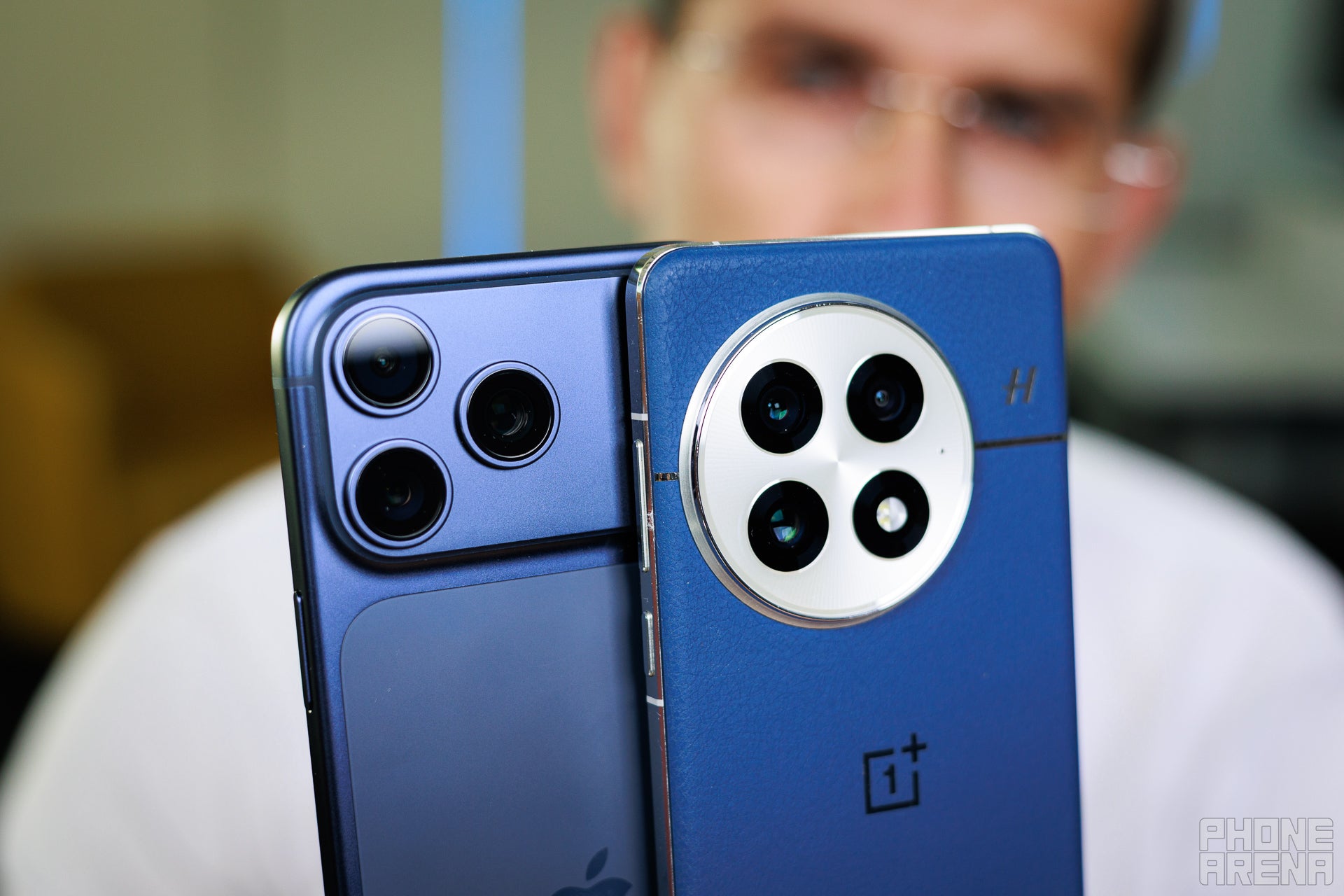
Apple throws everything at the camera, and it does show — iPhones are very consistent and dependable with photos, easily the best for recording video. The OnePlus 13 costs about $300 less than the current iPhone 16 Pro Max, so it will definitely be more affordable than the 17 Pro Max. But that doesn't mean its cameras are $300 worse — OnePlus has been putting a lot of muscle (and a Hasselblad partnership) behind that, too!
PhoneArena Camera Score:
On the back, the iPhone 17 Pro packs not one, not two, but three 48 MP Fusion cameras. “Fusion,” in Apple-speak, basically means sensor crop sorcery. The idea is simple — Apple slices into those big sensors just enough to mimic “lossless” zoom and pretend it’s swapping between different lenses. The result? You can shoot at up to 8x and still get crisp 12 MP shots that feel “optical.” Beyond that, you’re in digital territory — now boosted to a max of 40x. Impressive leap from last year’s 25x, sure… but nowhere near the competition's 100x or even 120x (where OnePlus13 is at).
The front camera also gets a glow-up. The sensor is an oddball, almost square in shape, not your regular 4:3 rectangle. Apple crops into it cleverly to give you a familiar wide selfie look while also sneaking in extra stabilization for FaceTime calls and TikTok runs. And, of course, if you leave Center Stage on, the iPhone will do its “AI director” thing — zooming in when it’s just you, zooming out when friends crash the frame. It’s the most Apple way to say, “Don’t worry, we’ll handle the framing for you.”
The OnePlus 13 feels really nice with its triple cameras, offering a lot of versatility and pretty good quality. It got 145 overall points on our camera benchmark test, which is only 11 points below the iPhone 17 Pro Max. Apple pulls ahead here thanks to the small things that add up — more consistency in exposure and color temperature when taking multiple shots of the same scene, slightly better details from the ultra-wide and medium zoom tests, and an overally upgraded selfie experience. A point here, a point there, that's how the score gap was achieved here — don't expect the OnePlus 13 to be a "clear loser".
Main Camera
We get good details and certainly usable photos from both. But the iPhone has wider dynamics and more contrast, and the OnePlus skewes the greens in the leaves and the blue sky a bit too much.
Both phones handle night shots pretty well. But when we get down to nitpick, we can again see wider contrast and sharper detail from the iPhone.
Zoom Quality
At 10x, both phones hold it together pretty well. The OnePlus 13 gave us a nice, contrasty shot, but details are slightly jagged, presumably due to a mix of sharpening and noise reduction.
Ultra-wide Camera
The ultra-wide cameras are tuned to match the main counterparts. They are definitely good with details and distortion correction. However, OnePlus' propensity to oversaturate and skew the greens is also visible here. Note: nitpicking, good photos from both.
Selfies
Apple's innovative selfie camera is pretty cool, but still has a tendency to go a bit too yellow. Then again, you can fix a lot of this with the Photographic Styles. The OnePlus selfie camera is pretty good, if a bit undersaturated and flat on contrast.
More Camera Samples
Video Quality

Above, you can see how the two compare in video recording quality.
Battery Life and Charging
To 5,000, then beyond
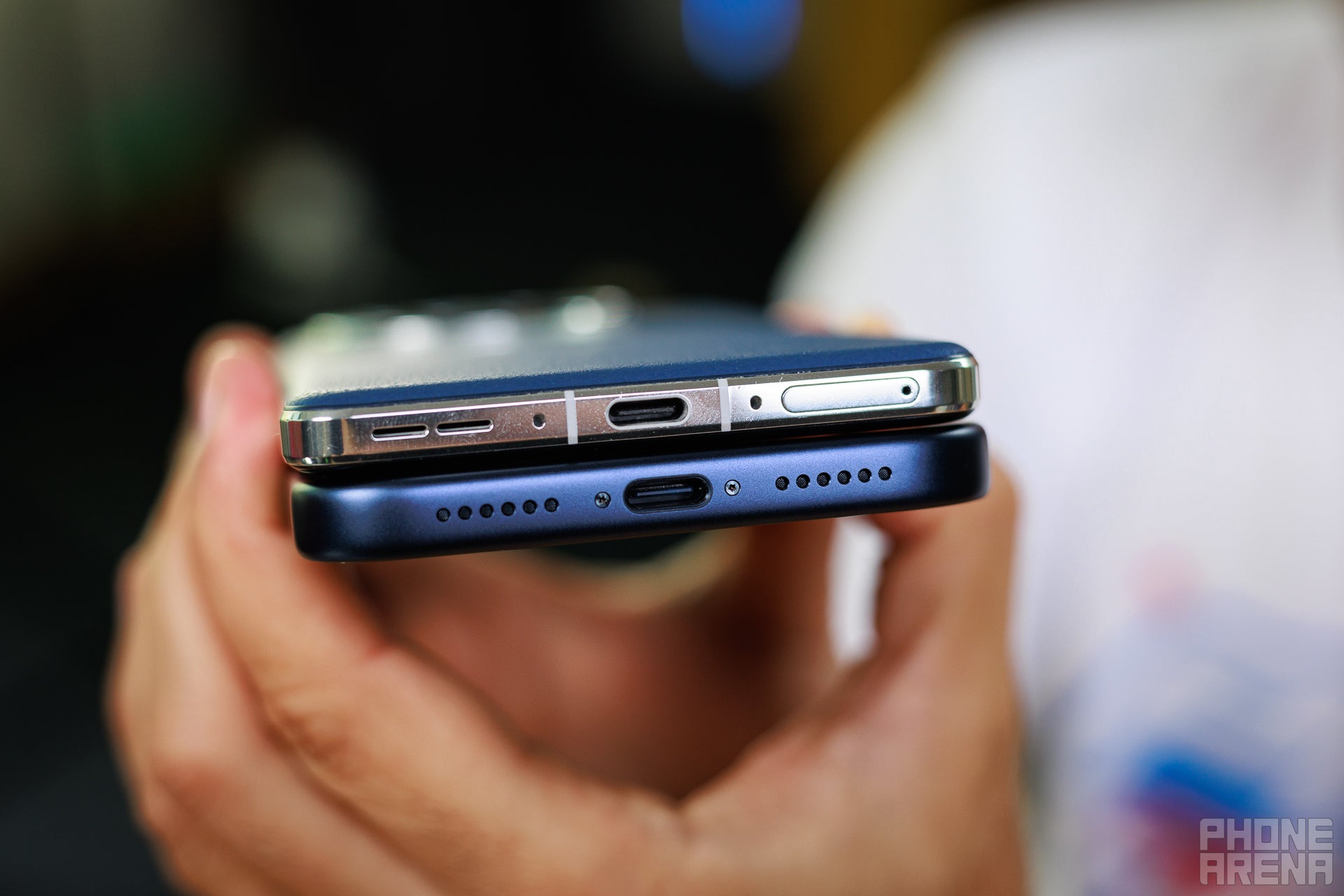
Apple's iPhones don't bet a lot on huge batteries — they achieve endurance with hardware and software optimizations. That said, the Pro Max units have finally broken the 5,000 mAh threshold... well, the US units have. Those iPhone 17 Pro Max units that are eSIM only come with a 5,088 mAh cell. The rest of the world gets 4,832 mAh, which is still pretty good by iPhone standards.
Meanwhile, OnePlus has already passed said threshold comfortably, offering a pretty enduring OnePlus 13 with its 6,000 mAh cell that also charges quite feast with the proprietary 100 W charger.
PhoneArena Battery and Charging Test Results:
Both last about the same on our benchmark tests, with the iPhone only pulling ahead in the gaming portion. Still, an important detail if gaming is what you are after. Especially considering that the App Store is now getting AAA console titles — the iPhone may be the gamer's choice in 2025.
Apple did also pick up charging speeds this year, now supporting 40 W plugs. The iPhone 17 Pro Max charges much faster than before — but OnePlus' SuperVOOC charger is still a champ here.
Specs Comparison
So, here's what we know so far about the iPhone 17 Pro Max vs OnePlus 13 specs:
| iPhone 17 Pro Max | OnePlus 13 |
|---|---|
| Size, weight 163.4 x 77.6 x 8.75 mm 233 g | Size, weight 162.9 x 76.5 x 8.5 mm 218 g |
| Screen 6.9" OLED 120Hz ProMotion 3,000 nits peak brightness | Screen 6.8" AMOLED 120Hz 4,500 nits peak brightness |
| Processor A19 Pro 3nm | Processor Snapdragon 8 Elite 3nm |
| Versions: 12GB/256GB 12GB/512GB 12GB/1TB 12GB/2TB LPDDR5 | Versions: 12GB/256GB 16GB/512GB LPDDR5X |
| Cameras: 48MP main 48MP ultra 48MP 4X zoom 18MP front | Cameras: 50MP main 50MP ultra 50MP 3X zoom 32MP front |
| Battery: 5,088 mAh (4,832 mAh) | Battery: 6,000 mAh |
| Charging: USB-C 40W wired 25W MagSafe 2.0 | Charging: USB-C 100W SuperVOOC wired 50W AirVOOC wireless |
Summary
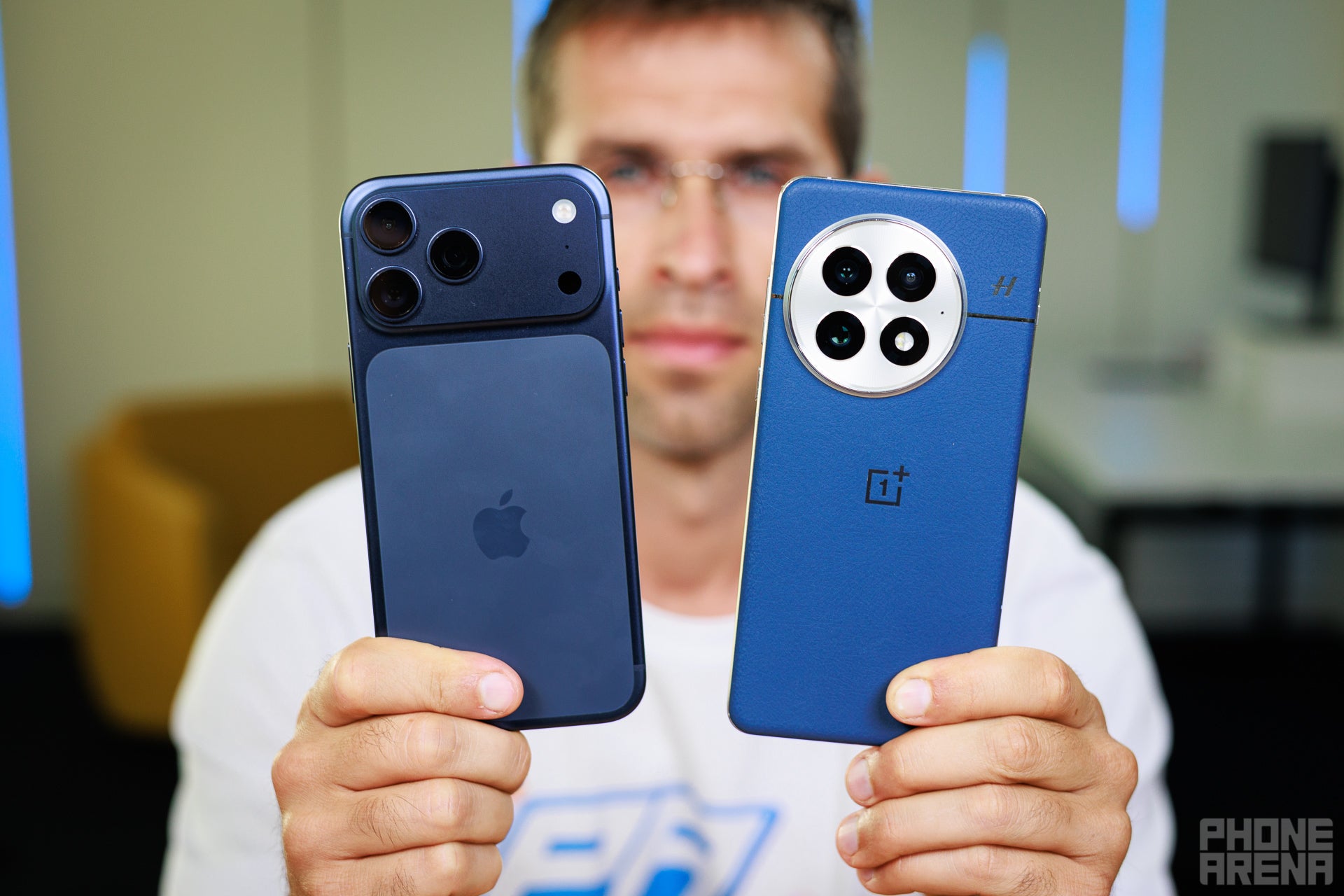
The iPhone 17 Pro Max looks like a pretty solid upgrade. Apple put a lot of emphasis on the new hardware cooling, the camera upgrades, the battery. It all sounds like a solid improvement on a working formula, even if we don't get crazy new features. And yeah, any AI speak was kept to a minimum. So, we are a bit in the dark about what Apple is cooking. For the first time in a while, we are not looking at what a product promises to be, but what it is right now. And the iPhone 17 Pro Max is a very solid pickup, with its excellent cameras and hardware.
Downside of the iPhone? It's a bit heavy and cumbersome.
The OnePlus 13 is definitely not "$300 less" of a phone. No, in fact, it proved that it can hang with the big boys repeatedly throughout the year — against Galaxies, Pixels, and now iPhones. Plus, it's slim and light, and its various finishes make it easier to grip.
Downsides of the OnePlus? Well, its camera is a small step behind, but there's not much else to say about it. If you are not set on an iOS device, and don't have anything against the OnePlus 13 design, it'll treat you right. Worth noting, the OnePlus 15 is very clause to launch. Its design was just recently teased, and it looks like the phone will be revealed at the end of October 2025.
Follow us on Google News

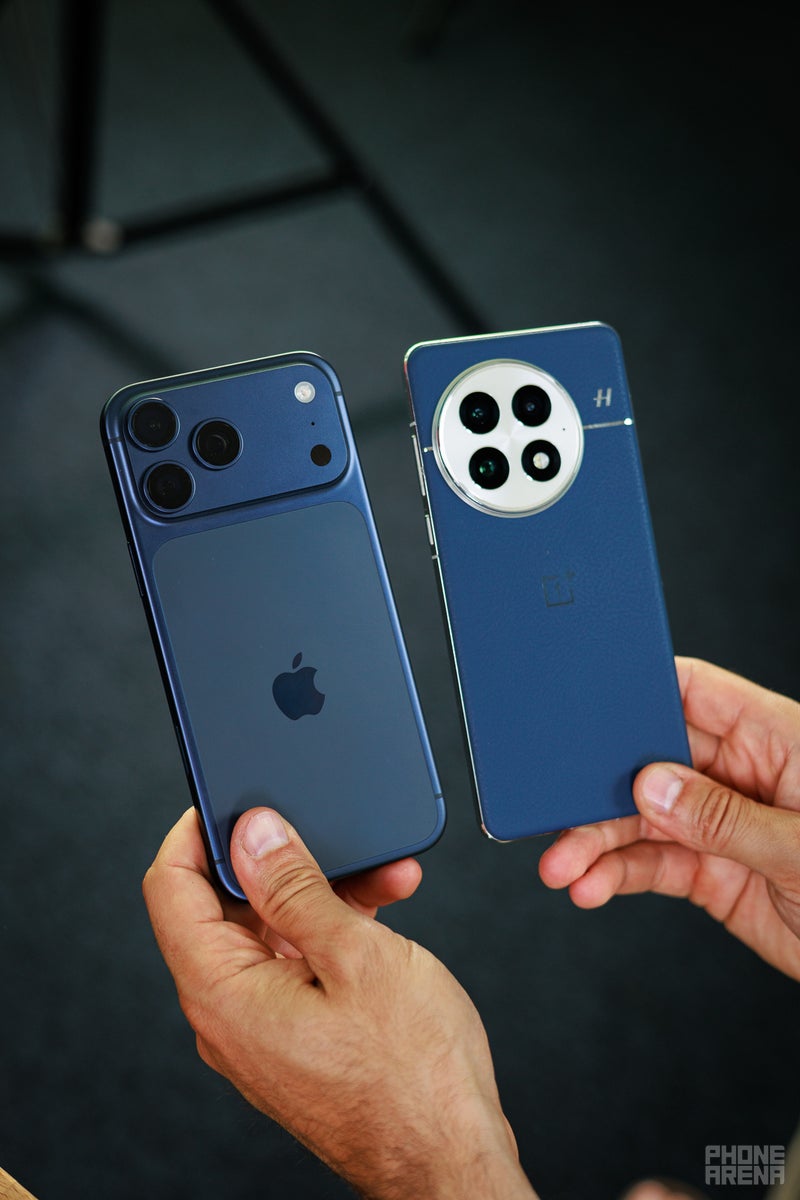
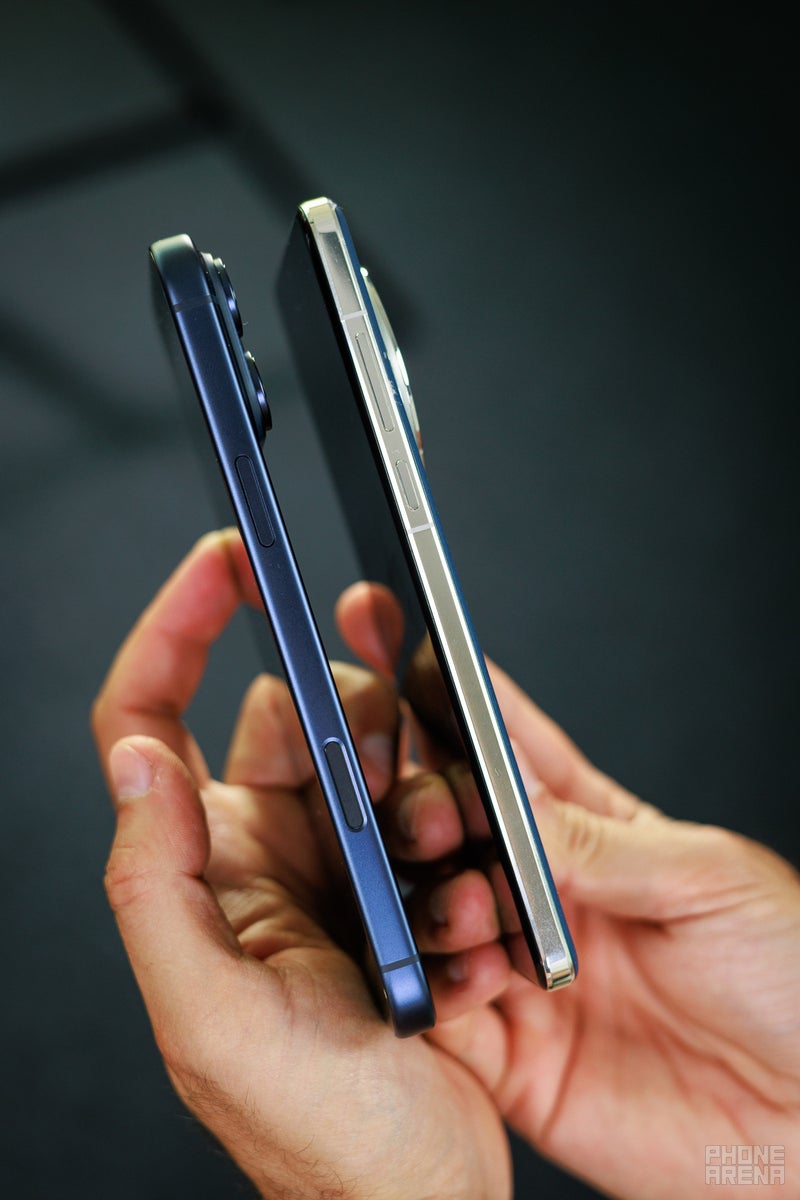
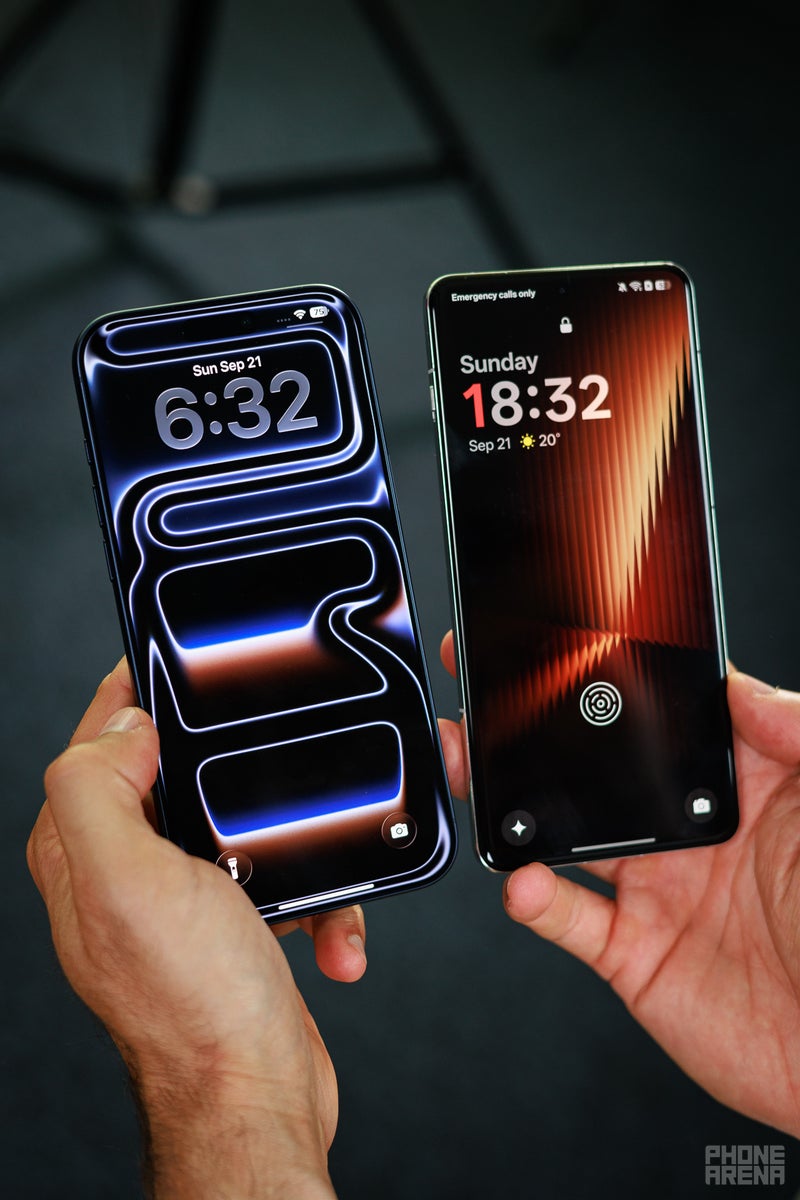
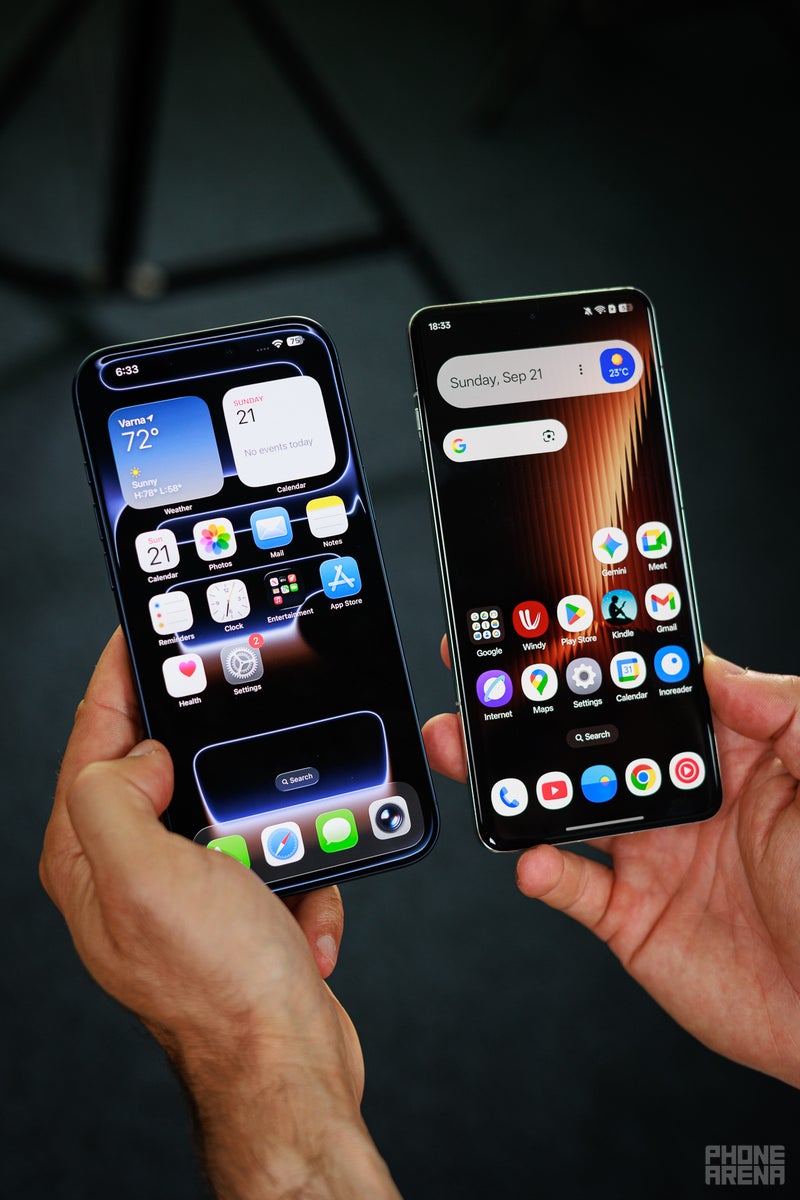
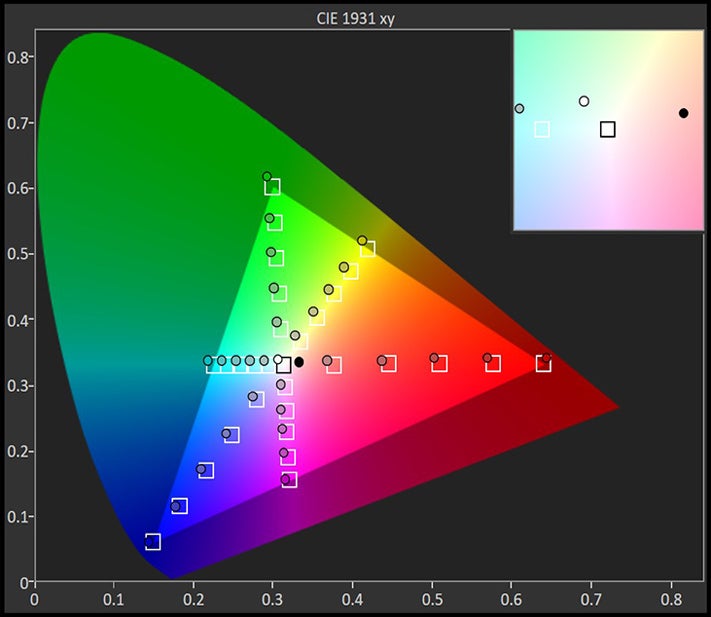









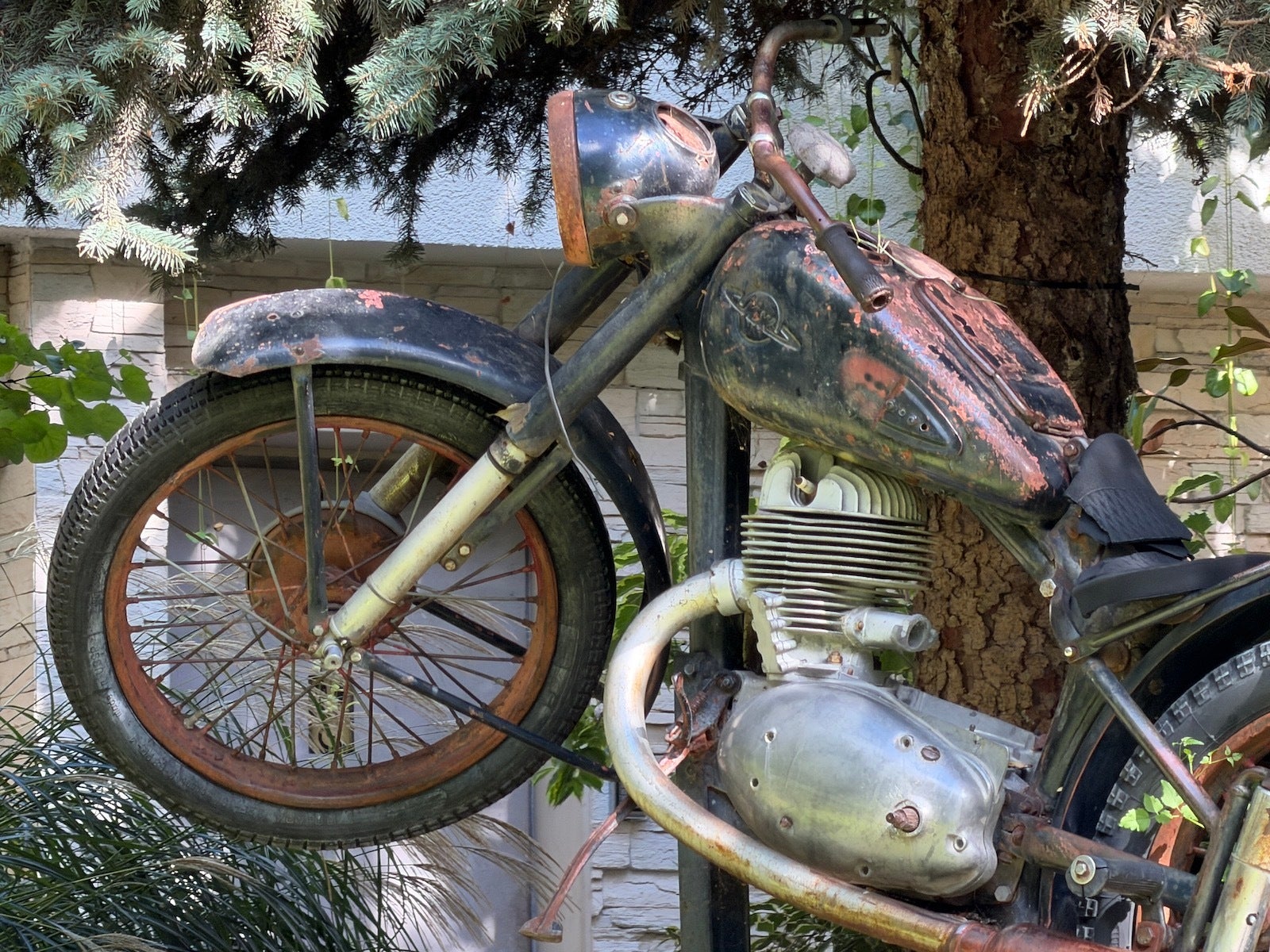
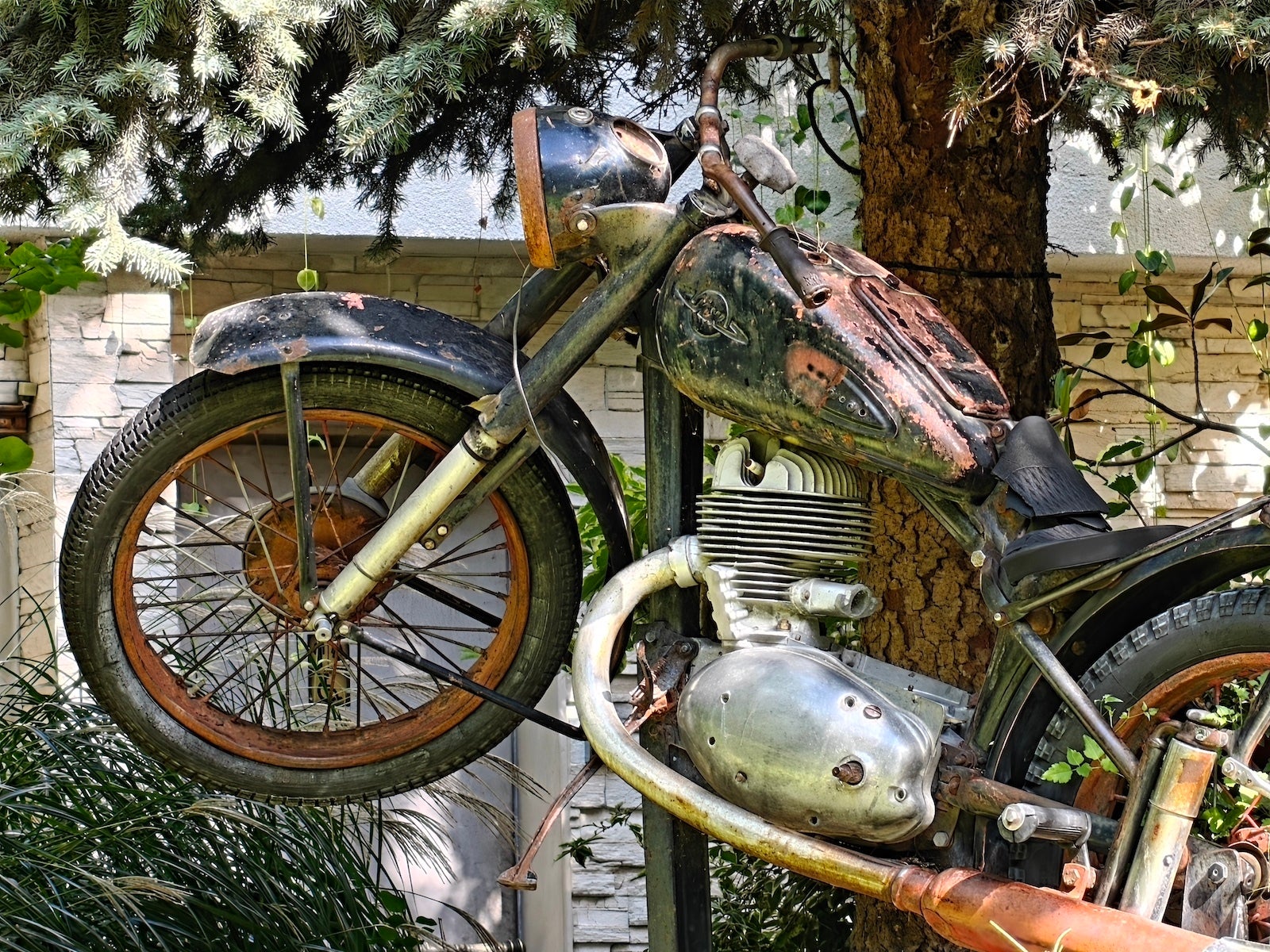
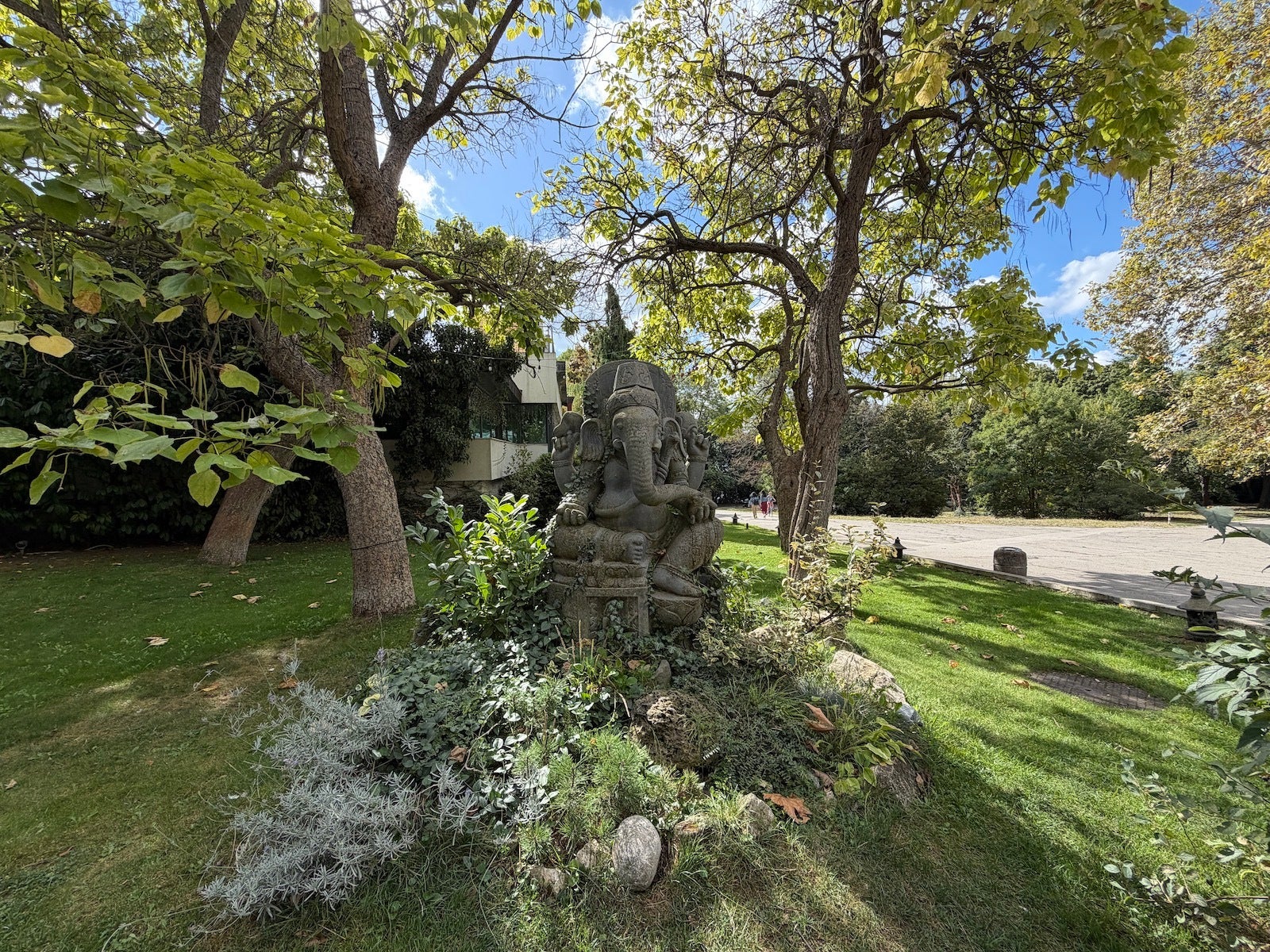
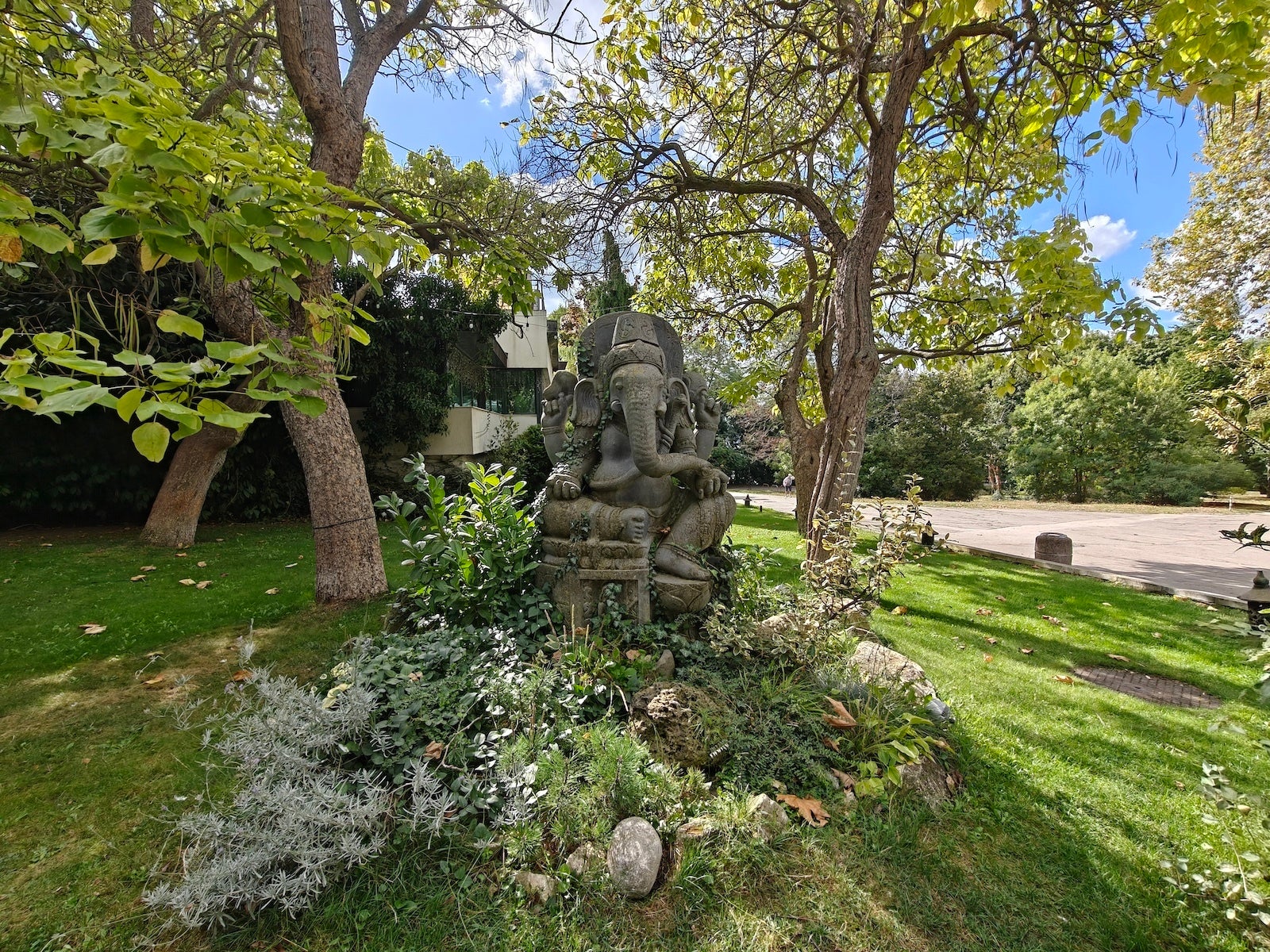



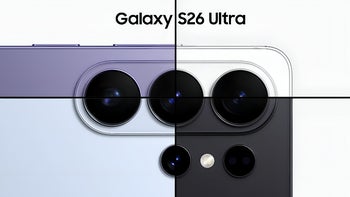
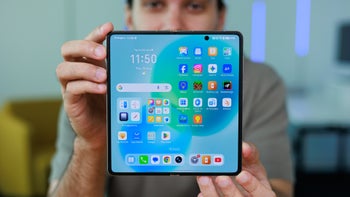
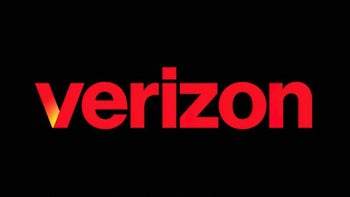
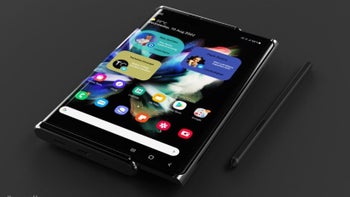
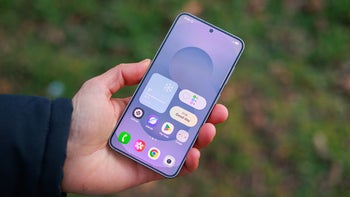
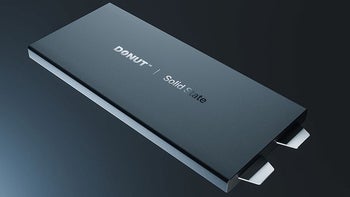






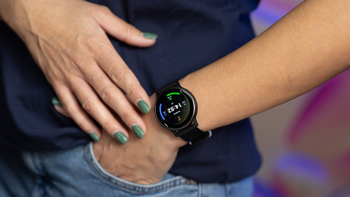
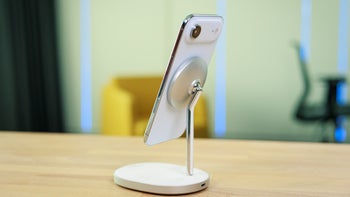
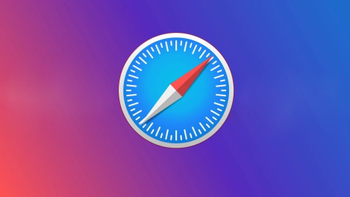
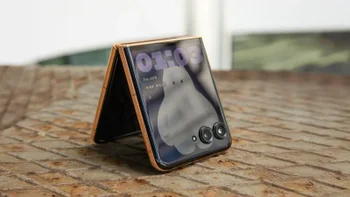
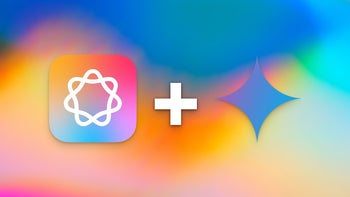
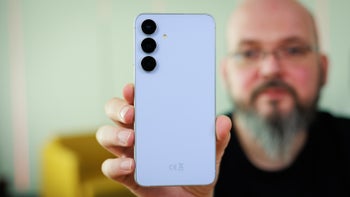
Things that are NOT allowed:
To help keep our community safe and free from spam, we apply temporary limits to newly created accounts: